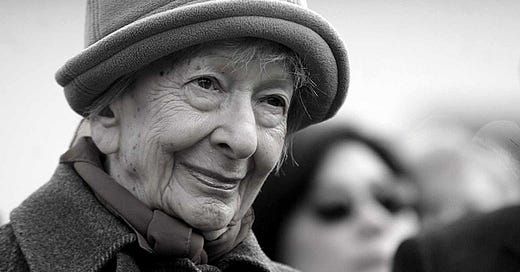Life While-You-Wait. Performance without rehearsal. Body without alterations. Head without premeditation. I know nothing of the role I play. I only know it’s mine. I can’t exchange it. I have to guess on the spot just what this play’s all about. Ill-prepared for the privilege of living, I can barely keep up with the pace that the action demands. I improvise, although I loathe improvisation. I trip at every step over my own ignorance. I can’t conceal my hayseed manners. My instincts are for happy histrionics. Stage fright makes excuses for me, which humiliate me more. Extenuating circumstances strike me as cruel. Words and impulses you can’t take back, stars you’ll never get counted, your character like a raincoat you button on the run — the pitiful results of all this unexpectedness. If only I could just rehearse one Wednesday in advance, or repeat a single Thursday that has passed! But here comes Friday with a script I haven’t seen. Is it fair, I ask (my voice a little hoarse, since I couldn’t even clear my throat offstage). You’d be wrong to think that it’s just a slapdash quiz taken in makeshift accommodations. Oh no. I’m standing on the set and I see how strong it is. The props are surprisingly precise. The machine rotating the stage has been around even longer. The farthest galaxies have been turned on. Oh no, there’s no question, this must be the premiere. And whatever I do will become forever what I’ve done.
You can find this brilliant poem and many others like it in Szymborska’s wonderful collection — Map: Collected and Last Poems
Wisława Szymborska was a poet who found magic in the quiet corners of everyday life. Born in 1923 in a small town in Poland, she grew up amid the political upheavals that defined the 20th century. Despite the turbulence around her, she had a gift for seeing the world through a lens of gentle humor, curiosity, and deep empathy. Her poems are deceptively simple, like conversations with a close friend—reflective, unassuming, yet carrying profound insights about human nature, history, and existence.
Robert Hass described her as "unquestionably one of the great living European poets," and Charles Simic crowned her as "one of the finest poets living today."
Although she didn’t seek the spotlight, her quiet brilliance eventually earned her the Nobel Prize in Literature in 1996. Even then, she remained a private and modest figure, preferring to write in solitude rather than bask in public admiration.
Szymborska’s work is often witty and full of questions, touching on themes as vast as war, love, and death, yet she approaches them with a lightness that never overwhelms. She reminds us to look closer at the little things—a chance encounter, a fleeting thought, or the silence between words—because it’s there, in those seemingly unremarkable moments, that life’s most profound truths often hide.
Szymborska died peacefully in her sleep at home in Kraków in 2012, aged 88.






This is so beautiful.
"Ill-prepared for the privilege of living".
Deeply moved. This was my church - my sacrament - this morning.